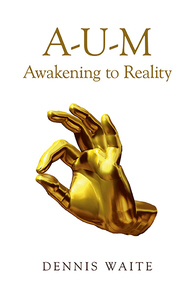Q: Advaita tells us that Consciousness is what we are and it is always the case. Why is ‘knowledge’ necessary? Knowledge is knowing about something. Simple pointing out of the fact of Consciousness seems to be the only thing necessary. This is simple and immediate. I am Consciousness right now and nothing needs to be thought or said about it.
Since there is only Consciousness, and as Consciousness, there is nothing else to think about or that can be thought about, there are no ‘levels’ for Consciousness. So therefore, there isn’t a second ‘transactional’ world to know or think about.
A: But it is not Consciousness that is thinking about these things, is it? You are confusing absolute reality (which is Consciousness right now and there is no second thing etc.) with the obvious (to perception) world and thoughts that are in front of you (the jīva) right now. It is the apparent dichotomy between these that has to be rationalized by the mind, with the help of Advaita. Again, the concept of cidābhāsa is helpful here.
Continue reading
